Treating Corona Virus with Aralen and Plaquenil
To treat corona virus, doctors are now using malaria drugs Aralen (chloroquine) and Plaquenil (hydroxychloroquine). Although these are still not approved by the FDA for the treatment of the COVID-19, they are being used experimentally to treat some specific people who are infected by the corona virus.
What are Chloroquine and Hydroxychloroquine?
Chloroquine (also known as chloroquine phosphate) and hydroxychloroquine (also known as hydroxychloroquine sulphate) are oral drugs, which are taken as pills. These are anti malarial medicine, and for many decades these have been used in the treatment and prevention of malaria. Hydroxychloroquine is also used to treat diseases like Lupus (which causes skin problems, rashes and fever, etc.), Rheumatoid arthritis (which is a condition that causes swelling and pain in the joints of your feet and hands), Sjögren’s syndrome (which gives rise to dry mouth and dry eye), and other autoimmune disorders. Recently, U.S. Food and Drug Administration (FDA) issued an Emergency Use Authorization (EUA) for the use of these drugs, which is still not in any way means that FDA officially approves these drugs for the treatment of corona virus.
Why Treat Corona virus with Malaria Drugs?
Sometimes, in the process of killing a virus, your immune system goes overboard, which can be dangerous for you, to stop this from happening these drugs are used. When a virus invades your body, your immune system starts to attack and kill the virus, and most of the time, this thing is beneficial for you. But sometimes even after the virus has been defeated, your immune system will keep on attacking, and this time it starts to attack the healthy cells of your body, which in severe cases like that of the COVID-19 can result in organ failure and sometimes death. Drugs like hydroxychloroquine are used to stop this from happening. This drug helps in calming your immune system. That is why for autoimmune conditions like systemic lupus, this drug works so well.
Right now, the effectiveness of these drugs on the patients who are affected with COVID-19 is not yet apparent. Although these drugs have protected some laboratory-grown cells from the corona virus but for the human clinical trials, scientists have only started testing these drugs regarding this condition.
Right now, doctors are not sure how much dose they should give to a patient who suffers from COVID-19. As compared to other diseases that have been treated using these drugs, for COVID-19, the doctors are giving higher doses to the patients but for a shorter period.
Are These Drugs Safe?
These drugs are generally considered as safe, these have been used to treat other diseases for decades. Some of the most common side effects include nausea, vomiting, headache, and stomach pain. If you take hydroxychloroquine with food, you can often lessen these side effects. In some people, these drugs also cause itching. Usually, these minor side effects do not require the stopping of the drugs.
In some people, these drugs are known to have caused certain health complications like retinal damage. And if a person is also suffering from another disease, these drugs can cause complications for that person.
If any of the following conditions relate to you in any way, let your doctor know before taking these drugs;
- You have allergies associated to Aralen, Plaquenil or other similar medications
- You have hepatitis or liver disease or kidney disease
- You have a history of low blood sugar, or you have diabetes
- You are pregnant, or you are planning to become pregnant
- You suffer from any serious illnesses
- You have psoriasis, blood disorders like porphyria, you have a history of seizures, you suffer from heart arrhythmia, you have eye problems related to your retina, or you consume large amounts of alcohol
- You are taking medications like azithromycin, cimetidine, antacids, drugs related to diabetes such as insulin, drugs related to heart rhythm problems like amiodarone, any drugs for seizures, or epilepsy, etc.
Will my Retina Get Damaged by These Drugs?
Eye problems rarely develop in people who are taking these drugs for the treatment of their autoimmune conditions like Rheumatoid arthritis or Systemic lupus erythematosus. During a 5-year course of the treatment, retinal problems only occur in about 1% to 2% of patients.
But as compared to other diseases, which have been treated using these drugs, the doctors are giving roughly double the doses to the COVID-19 patients, though it is for a shorter period of about 1 to 2 weeks. Discuss these drugs with your doctor if you have been previously exposed to tamoxifen, which is a breast cancer therapy, or if you have a history of retinal problems like macular degeneration and you are older than 50 years. For you, it might be better to consider any other alternate treatment.
What are The Signs of Retinal Toxicity?
At first, those patients who develop retinal damage due to the use of these drugs may not notice any changes in their vision. The symptoms only start to appear when the damage gets quite worse. Some of the symptoms which you might experience are; distorted, weak or blurry vision; you might also have trouble focusing on those objects which are straight ahead, this happens when you start to lose your central vision. You might also have difficulty while reading and you might experience changes in your color vision. You should call your ophthalmologist right away if you start to notice changes in your vision while taking these drugs.
How Should a Person get These Drugs?
To get these medications, just like any other drug, you need a prescription from your doctor. If you have any of these medications in your medicine cabinet, and they are expired, you should never use them because these won’t be safe for your health. And if you find a non-prescription substance that contains the ingredient chloroquine, you shouldn’t also use that because it can be dangerous.
Both of these products are now in short supply due to their increasing demand in this COVID-19 pandemic. Nevertheless, producers of these medications are gradually increasing the production of both chloroquine and hydroxychloroquine.


